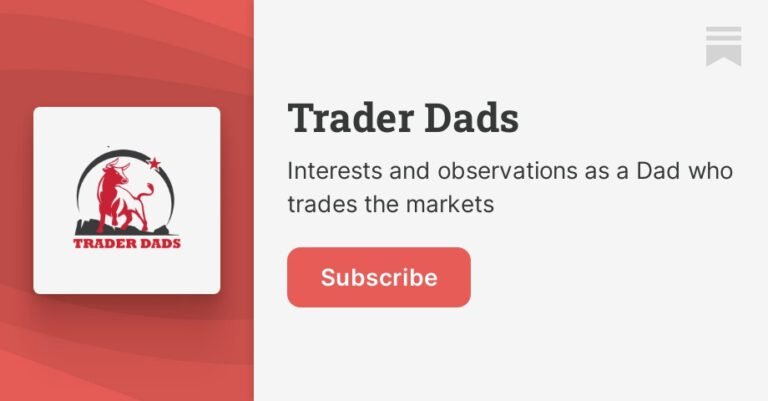I officially started working again this week after a surprisingly long stint on the unemployment line. Now, I’m not relentless when it comes to finding work, but this environment felt particularly adversarial and opportunistic.
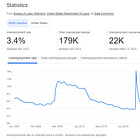
Unemployment – Part 1
It turns out that this past rate hike cycle ranked as the worst for job cuts and hiring freezes in banking and financial services since the Great Recession of 2008.
According to Financial Times, twenty of the world’s largest banks cut at least 61,905 jobs in 2023. This compares with more than 140,000 jobs cut by the same companies during the global financial crisis of 2007-08. Throw in 2nd, 3rd and 4th greater bank failures in US History and 2023 gave many in the industry a rude awakening.
But my resume is selected, interviews are done, and I signed on the dotted line, so below, quickly, are some of the job search trends I’ve spotted for 2024 because …

Finding a job is a numbers game. Pure and simple. For some context, the day I received a job offer, I had 245 submissions logged on LinkedIn, 25 submissions (on average) to the top 6 employers in the metro area, and dozens more submitted to each of the top 4 recruiting portals . I estimate over 500 total submissions over 5 months.
I received 4 interview requests from employers.
1 Job offer.
Conventional wisdom says it is easier to find a job when you have a job. This is true for a few reasons, but one of the most obvious is the network that comes with the job.
Colleagues, managers, former colleagues will vouch for your abilities or give you the nod for an upcoming role in their current team. Internal mobility is also possible and workers often receive preferential treatment.
After leaving New York for greener pastures in 2021, there was little time to rebuild a professional network locally. It quickly became apparent that the loss of this network definitely slowed down the job-finding process.
In a post-Covid world, recruitment has become a cold, virtual and impersonal process.
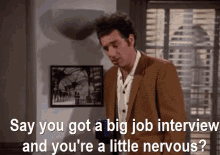
-
Ghosting by recruiters and employers in the middle of the process is now common
-
HireVue is the norm – requiring candidates to record themselves answering questions like a reality show confessional. No response. No repeats. No human interaction.
-
Interviewers get distracted from their screens while on a Microsoft Teams video call.
-
Fake/outdated job postings with no intention of hiring. just to collect resumes
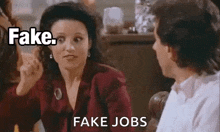
Episodes of After the Closing However, the podcast proved extremely helpful in preparing for the video interview. I had many hours in front of a camera – eye contact, posing, lighting, technical setups, etc. Video is a feature here to stay in Corporate America.
A big city like New York has a huge diversity with different industries, companies and supporting businesses interconnected and feeding each other. Orbiting the larger financial institutions are smaller boutique firms, hedge funds, software vendors, research firms and more to do business with, and many will find the opportunity to acquire talent during a hiccup in another area.
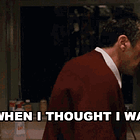
Remote Work Incentives :: Part 1
Smaller cities are much more one-dimensional for employment. If the only guy in town isn’t hiring, you’re kind of SOL creating a much bigger boom/bust of the local economy.
I have a new understanding and empathy rust belt cities/suburbs like Detroit or Cleveland that struggled when the “factories” closed back in the day.
What other features does a modern job hunt have?
Interested in joining the Trader Dads Podcast in 2024? Send me an email! I would love to have subscribers sit down for a chat
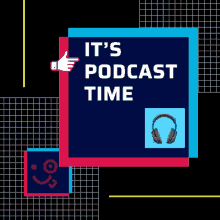
Thoughts; Questions? comments;
I arrive! Maybe I’ll do a full post on the topic or as a Q&A
traderdads@substack.com


